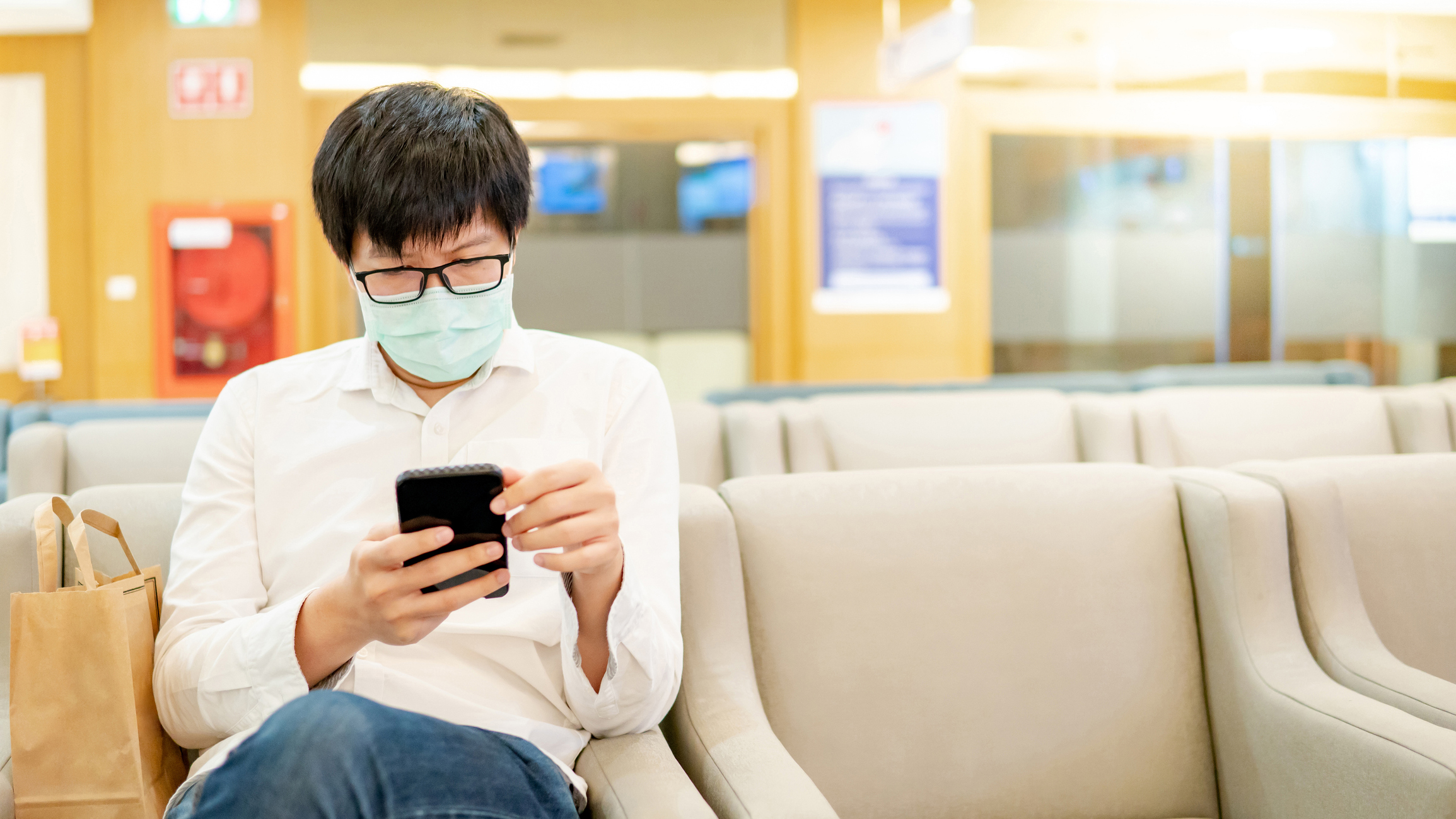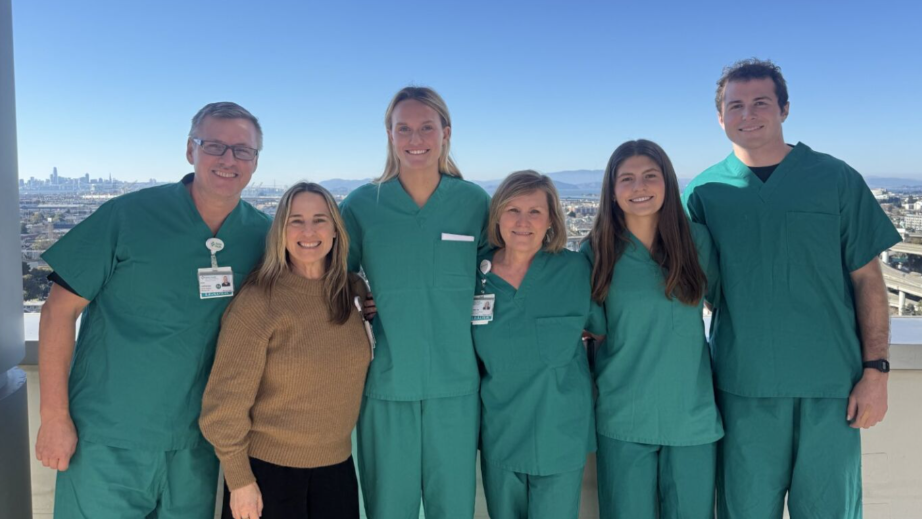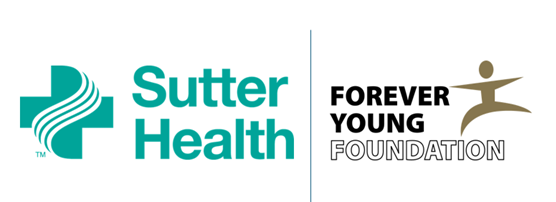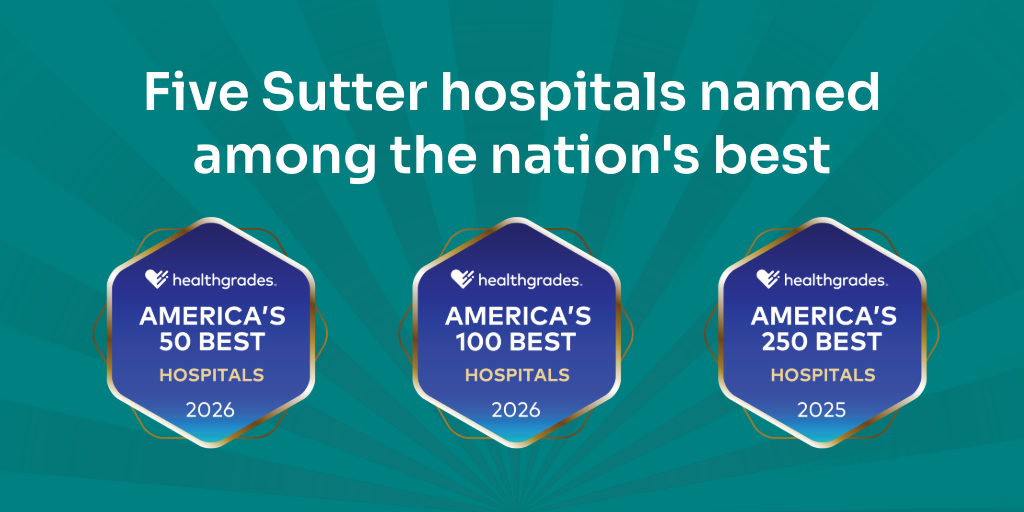Providers and patients reconnect for healthcare support during COVID-19
As California begins cautious steps to resume day-to-day life in the state amid the ongoing concerns of COVID-19, essential services like healthcare are signaling changes of their own.
After weeks of planning, the Sutter Health network has begun expanding clinical services for preventative care and those with medically necessary, time-sensitive procedures and appointment needs in the locations supported by local guidance and public health orders.
“The COVID-19 pandemic has taught us a lot and reinforces that our health is precious. We need to do everything we can to protect it,” said Theresa Frei, CEO of Sutter Valley Medical Foundation. “As we begin our phased approach to reopening, we encourage people to take advantage of the summer months to focus on preventative services to promote their best health now.”
Medically necessary, time-sensitive procedures for many people include mammograms, colonoscopies and skin exams. These services complement other ongoing offerings including vaccinations and well-baby visits. Sutter’s expanded clinical services will also help patients with chronic or complex diagnoses like diabetes or high blood-pressure resume needed care that can’t always be managed from afar. Preventative care helps keep chronic health issues from becoming something emergent or acute.
Sutter Health has taken careful steps to make clinics safe and patients feel welcome upon returning to network care centers. Sutter has adopted universal masking for staff and patients, set up temperature check stations for staff, increased frequency of cleanings and moved furniture to promote physical distancing in waiting rooms. Patients with worrisome symptoms are seen in special clinics to where there are added safety measures for staff and patients.
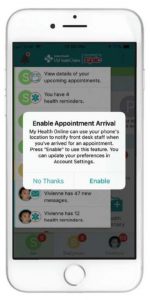
Digital documentation and check-in options are also available for Sutter patients, which helps cut down on wait-times and get patients into exam rooms more quickly. EZ-Arrival lets patients provide and verify check-in information in the safety of their homes. Hello Patient uses GPS to detect when patients have arrived at a Sutter facility. Patients simply tap on the arrival button on their mobile device to indicate they are ready to be seen. Both services are available to patients who are signed up for Sutter’s online patient portal, My Health Online.
“This safety-first approach helps us support patient needs while allowing us to continually monitor personal protective equipment and testing capability to ensure we can provide care safely and remain prepared for a surge should the number of COVID-19 patients begin to increase again,” said Conrad Vial, M.D., chief clinical officer for Sutter Health. “We are confident that we can broaden our clinical services and still maintain surge readiness.”
Video visits remain an option for patients who have routine care needs. Urgent care clinics and hospital emergency departments across Sutter Health’s integrated network also are open and provide care beyond the pandemic. Clinical teams are trained and equipped to care for patients while protecting them along with staff.
“We know that patients who have medical problems that are not well-controlled, such as diabetes or hypertension, are more likely to fare poorly with any other infection including COVID-19. Regular attention to our well-being is one of the best investments we can make in ourselves,” said Lizz Vilardo, M.D., CEO of Sutter Bay Medical Foundation. “We are here to support our communities so they can safely and confidently reengage with their healthcare providers.”

